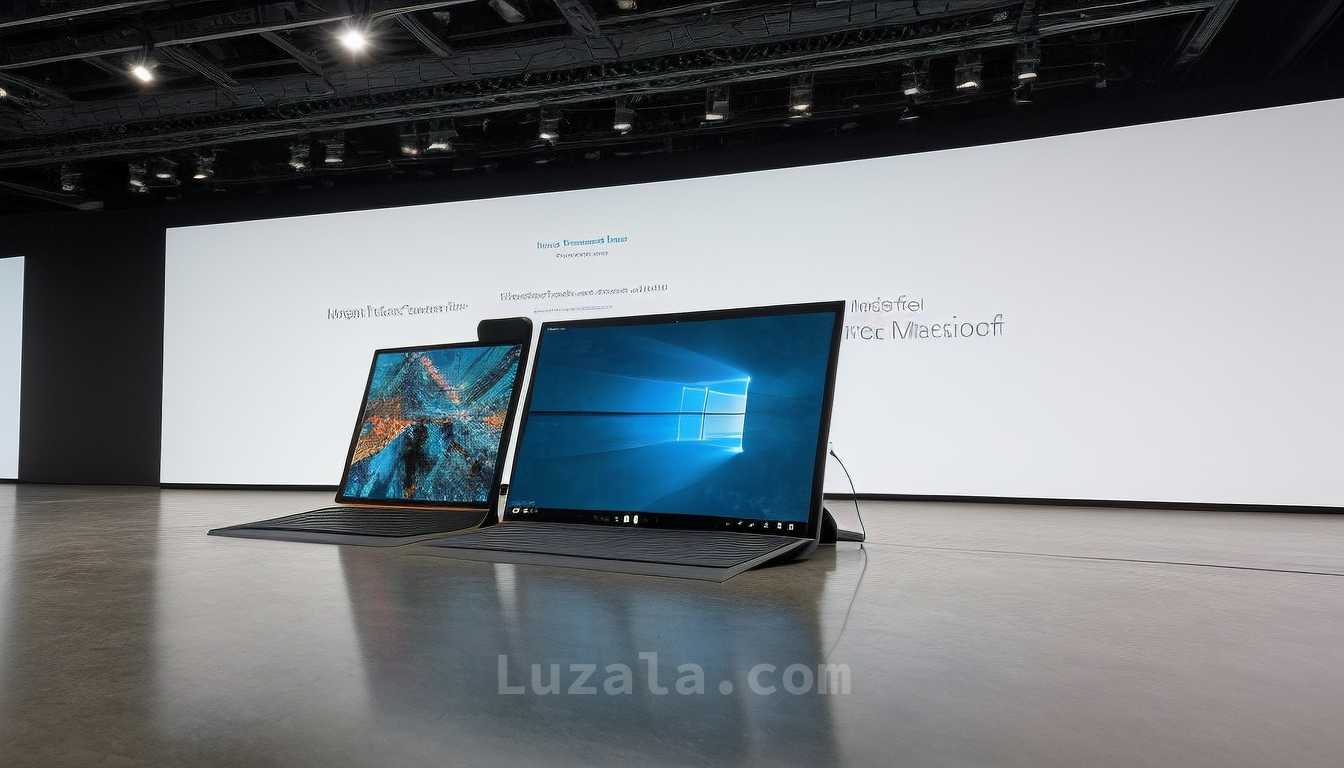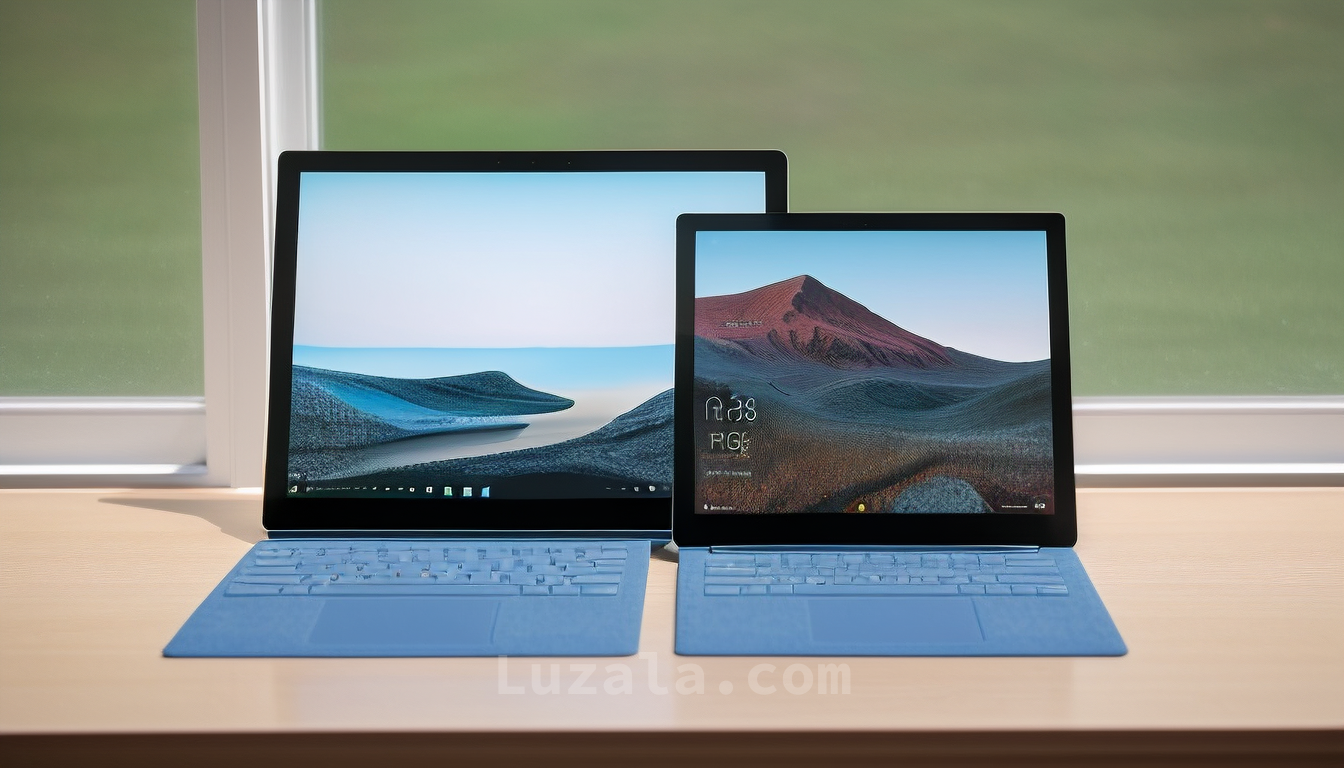Unlocking the Power of NPUs: Accelerating AI in Modern Computing
NPUs, or Neural Processing Units, are specialized AI chips designed to accelerate machine learning tasks, offering significant speed and power efficiency benefits. They are becoming essential for modern computing.
If you've been closely following our live blog of the Microsoft Surface event, you might be intrigued by the mention of NPUs, or Neural Processing Units. You might also wonder why these chips are generating so much buzz. Well, fret not, because I'm well-versed in these nifty devices, and I'm here to demystify everything you need to know about them.
NPU stands for Neural Processing Unit, sometimes simply referred to as neural processors. These are specialized processors designed to accelerate machine-learning tasks. In essence, they are dedicated AI chips engineered to alleviate some of the computational burden on your computer's CPU and GPU when handling AI-related workloads.
In the past year, AI has become ubiquitous across various applications. From facial recognition for Windows Hello logins to sophisticated photo editing tools, machine learning is a fundamental part of modern computing. Consequently, the advantages of having a chip tailored to handle these tasks are growing rapidly.
NPUs are exceptionally efficient at handling machine learning workloads, often performing up to 10,000 times faster than standard GPUs. Additionally, they are more power-efficient, making them indispensable components in any hardware that intends to run AI applications.
During its recent presentation, Microsoft made a significant commitment to AI, announcing the imminent arrival of an AI-powered Copilot assistant for Windows and Microsoft 365. To support these endeavors, the newly revealed Surface Laptop Studio 2 will feature a custom-designed NPU developed by Intel.
In summary, it won't be long before laptops without built-in neural processors become a rarity. While the term "soon" can be somewhat vague, trust me, these chips will be pervasive sooner than you might expect.
Microsoft is not the only player in the AI arena. Other tech giants, including Apple, are also vying for a slice of the AI pie. Apple is currently investing in a ChatGPT competitor, and Nvidia, a leading GPU manufacturer, has reaped substantial rewards from its ongoing investments in AI hardware.
With Microsoft's overt commitment to integrating AI into every facet of Windows 11 and Apple's more discreet efforts to incorporate machine learning features into macOS and iOS, it's evident that AI is here to stay. As computer hardware continues to evolve, there will likely be an increasing reliance on AI, further solidifying the ubiquity of NPUs.
In essence, regardless of your stance on the Microsoft Surface product line, it's essential to recognize that Microsoft has effectively future-proofed its new laptops and tablets for the AI era. This factor should make them far more appealing to anyone currently in the market for new devices. It's worth noting that the previous Surface Pro 9 5G also featured an NPU, albeit a less powerful one manufactured by Qualcomm instead of Intel.
However, Surface is not your sole option in this regard. Apple's M-series processors, such as the M2 chip found in the most recent 15-inch MacBook Air, feature their own multi-core neural processors, which Apple refers to as a 'neural engine.' These neural engines are integrated onto the main processor die, much like integrated graphics, rather than being standalone dedicated chips.
In conclusion, if you're contemplating the purchase of a new laptop, it would be wise to consider a device equipped with an NPU. It's highly likely that third-party laptop manufacturers will swiftly catch up, and as AI continues to permeate every aspect of our tech usage, having hardware capable of handling it will become increasingly important.












Comments